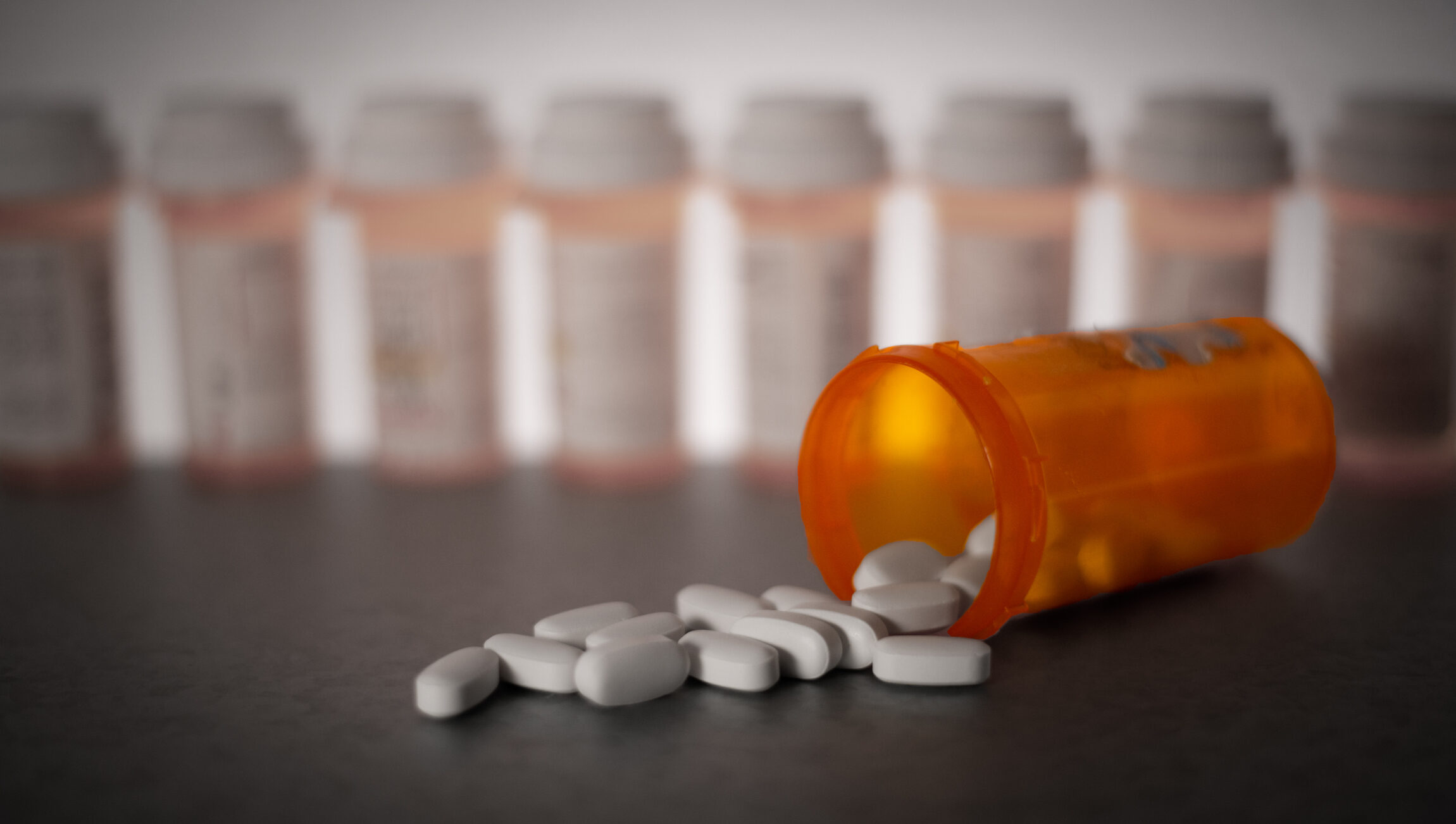© 2025 CSRXP- All Rights Reserved

NEW STUDY: BIG PHARMA’S BIOLOGIC PATENT ABUSE WILL COST AMERICAN PATIENTS AN ADDITIONAL $25 BILLION WITHOUT REFORM
Sep 22, 2020
Report Finds Market-Based Solutions to Boost Biosimilar Competition and Hold Drug Companies Accountable Would Lower Prices And Increase Innovation
Washington, D.C. – The Campaign for Sustainable Rx Pricing (CSRxP) issued a statement Tuesday reacting to a new study from Avik Roy and Gregg Girvan of the Foundation for Research on Equal Opportunity (FREOPP) which finds that ballooning spending on U.S. prescription drugs is being particularly driven by Big Pharma’s abuse of the patent system to undermine biologic and biosimilar competition.
“The projected ballooning cost of Big Pharma’s biologic patent abuse underscores the urgency to hold drug companies accountable for their egregious pricing practices and anti-competitive tactics,” said CSRxP executive director Lauren Aronson. “Policymakers must act to encourage biosimilar competition and stop Big Pharma from gaming the system to undermine competition and keep prices high.”
The report, “The Growing Power of Biotech Monopolies Threatens Affordable Care,” finds that despite representing less than one percent of U.S. prescriptions, biologic drugs account for nearly half of all drug spending. That’s because biologics face less competition from their generic equivalents, known as biosimilars, due to differences in how the marketplace is regulated and how Big Pharma games the system to undermine competition. One way Big Pharma is able to maintain monopoly power is through ‘patent thickets.’ By seeking a multitude of patents for marginal aspects of a biologic, brand name drug companies are able to create a ‘thicket’ of patents that can dramatically extend exclusivity periods — blocking cheaper generics, or biosimilars, from coming to market. Another way Big Pharma maintains monopoly power is through ‘submarining’ and ‘evergreening,’ in which a branded drug maker purposefully delays the filing and issuance of a patent in order to extend market exclusivity of drug for as long as possible. “Contrary to the conventional wisdom, the U.S. is not a ‘free market’ for pharmaceuticals,” the study’s authors write. They explain:
The federal government strictly regulates what drugs can come to market, and heavily subsidizes those that do. Regulations increase the cost of bringing drugs to market, and restrict competition for those already available. Subsidies incentivize manufacturers to raise their prices, because they know that patients will not directly feel most of the effects of those price increases. Most importantly, an array of federal laws create and enforce artificial monopolies that have nothing to do with actual innovation. Not all patents represent an equal amount of innovation, and yet all patents impose the same 20-year federal monopoly … It is long past time for Congress and federal regulators to engage in a systematic reexamination of these costly inefficiencies. Affordable medicine for millions of U.S. patients hangs in the balance.
Without action, the study’s authors estimate the anti-competitive nature of the biologic drug marketplace will cost American patients more than $30 billion from 2015-2029.
Key Takeaways:
- In 2018, Biologics Represented 0.4 Percent Of U.S. Prescriptions, But 46 Percent Of All U.S. Rx Spending – And Biologics’ Share Of Rx Spending Is Rising.
- From 2015-2020, The Anti-Competitive Nature Of The U.S. Biologic Market Has Cost Patients $5 Billion, And Will Cost U.S. Patients An Extra $25 Billion By 2029 Without Reform.
- Increasing Competition By Enabling Biosimilar Drugs To Launch Without Risk Of Treble Damages, Rationalizing Biosimilar Interchangeability, Eliminating Patent Trolling, Reforming Medicare Parts B And D And Establishing A Pathway For Price Reductions For Un-Genericizable Treatments, Would Lower Prices And Increase Innovation.
Policymakers in Washington must act to crack down on Big Pharma’s anti-competitive tactics and price-gouging to lower prescription drug prices.
Read the full FREOPP report HERE.
Learn more about market-based solutions to hold Big Pharma accountable and lower prescription drug prices HERE.
